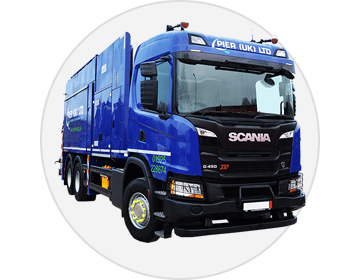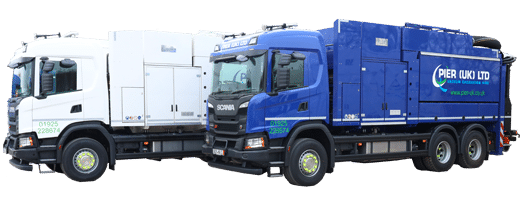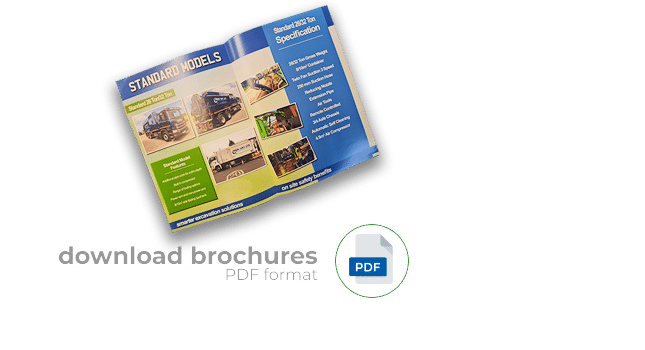What is Vacuum Excavation?
Vacuum excavation provides a safer, lower risk excavation alternative to more traditional excavation techniques. With our high suction powered trucks, we’re able to expertly excavate the ground with little risk of damage or personal injury.
Vacuum excavation is the smartest, safest, fastest, and most economical method of excavation. Its benefits include:
- reducing reinstatement costs
- eliminating the hazard of utility strikes
- minimising traffic disruption
- reducing the amount of manpower and equipment required.
Companies within construction, civil engineering, railways, highways, utilities, and telecommunication industries have all benefitted from our vacuum excavation hire. Our excavators can be used to repair or replace buried assets and whether you require one metre, or an entire road excavated, our team will deliver a safe excavation every time.
Vacuum excavation also provides a precise solution with complete control using either a remote-controlled power arm or manually controlled floppy arm. Once all the underground utilities have been located and marked clearly, the vacuum excavator makes light work of removing the ground for maintenance or repair works.
With reduced noise and disruption to the surrounding area, our excavators also limit the vibrations that could lead to damages on or around the site.
How Does Vacuum Excavation Work?
Vacuum excavation provides a safer alternative to more traditional forms of excavation.
- Move the remote-controlled boom over the area that requires excavation, around 6-8 inches above the ground material. Switch on the vacuum fans to start the process.
- As the material makes its way up the vacuum pipe, follow the material with the boom, ensuring that the 6-8 inch gap is maintained to allow for constant air flow.
- There is a selection of tools onboard to deal with different conditions. These include a reduced pipe size for narrow areas, an air lance to loosen the material and air breakers to break up the hard surface – all powered by a built-in compressor.
- As the service becomes visible, the material becomes harder. The use of an air lance may be required to loosen the ground or clear the service.
- The excavated material is stored within a built-in skip that can hold up to 12m3 (depending on the size of the vacuum excavator) and to reduce the transport costs, our team can move the excavated material to an allocated area on-site.
- The material is dispensed by lifting the lid upright and side tipping the material, which can also be tipped directly into demountable skips that can then be removed from site, avoiding reloading.
- To prevent air contamination, the vacuum uses a 42-filter system that ensures no dust will escape.
Many contractors prefer to use a vacuum excavator when working in built-up residential or city centre areas. This ensures a safer excavation around existing services by keeping footpaths clear of material (preventing falls for the workforce and public) and reducing the noise level.
Read more about National Safe Digging Week
The History of Vacuum Excavation
Vacuum excavation was modified from ‘hydro excavation’ in the 1950s and as technology advanced over time, vacuum excavators have developed to become a regular feature on civil engineering, construction, and utility projects. Vacuum excavators were heavily used in Canada throughout the 1990s and towards the millennium, excavators made their way across to Europe and the United Kingdom.
Since 2008, the demand for vacuum excavation has led to new designs, focusing on improved performance and new applications of the technology.
Read more about the history of vacuum excavation here.

REVIEWS
Vacuum Excavator Hire - Contact Us - 24/7 Hire Available
If you are looking for professional suction excavators then you have come to the right place. The team at PIER UK works across the UK providing first-class excavation for all manner of projects. Whether you require extensive excavations for a development site or need a collapsed tunnel cleared in an emergency, we can help. Our experienced and helpful team is on hand to discuss your next project with you. Simply call us today on 01925 228674


